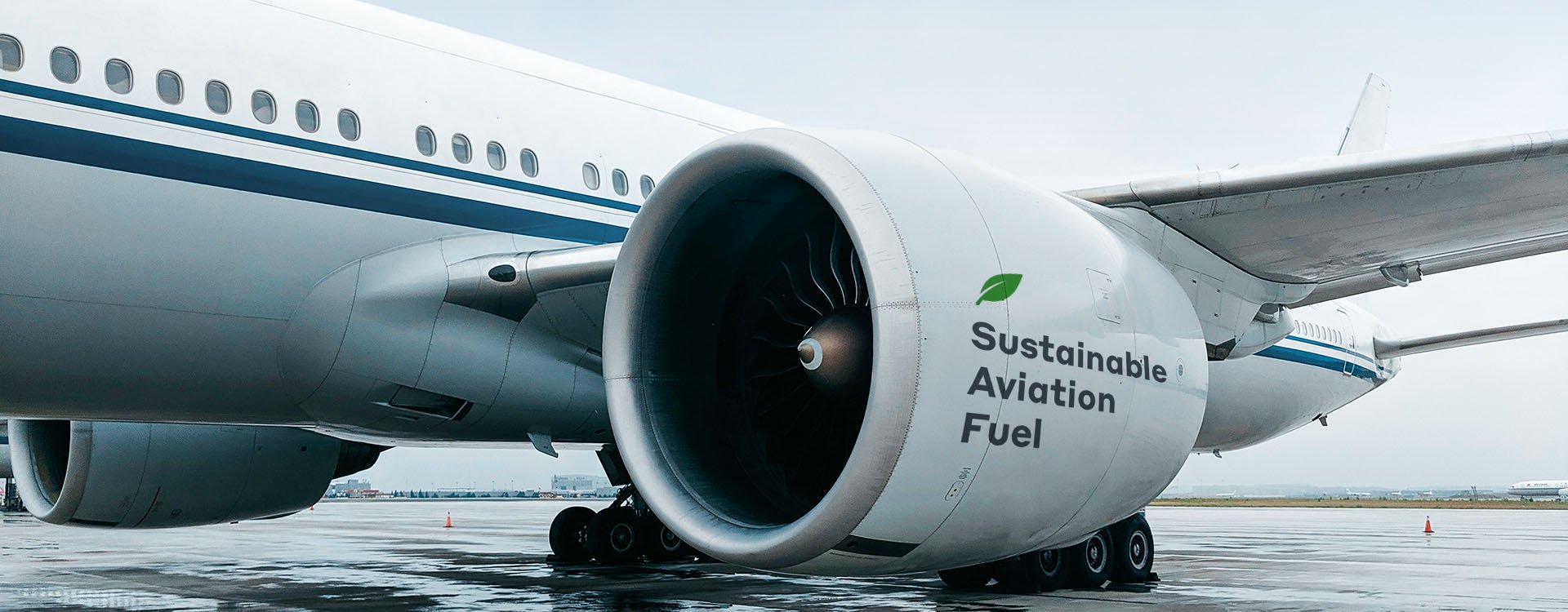Sustainable Aviation Fuel is an alternative jet fuel that reduces the environmental impact of air travel. It is produced from non-petroleum feedstocks and is currently used on flights in over 46 airports around the world. SAF provides up to a 65% reduction in emissions from flight, compared to fossil fuel.
SAF can be blended with existing petroleum jet fuel, allowing airlines to reduce their emissions by up to 65% without changing aircraft and engine design. However, SAF production requires a combination of policy incentives, capital investment, and time to scale. The U.S. Department of Energy’s Bioenergy Technologies Office (BETO) is working with industry partners to overcome the barriers to SAF production.
SAF is a low-carbon synthetic jet fuel that can be used safely in turbine-powered aircraft today. It can be blended with up to 50% conventional jet fuel that reduces the lifecycle greenhouse gas emissions. SAF also helps create jobs and boosts local economies in the countries where it is produced.
As per the report stated by Coherent Market Insights, The Global Sustainable Aviation Fuel Market size was valued at US$ 460.1 million in 2022 and is anticipated to witness a compound annual growth rate (CAGR) of 61% from 2023 to 2030. During the projected period, the worldwide sustainable aviation fuel market is expected to expand rapidly. The increase in demand for clean, sustainable fuels in the commercial and military aircraft industries is related to this growth. Government measures including tax cuts in North America, Europe, and Asia are supporting this trend.
The fuel is made from a variety of sources, known as feedstocks, including wastes and residues, used cooking oil, cellulosic biomass, and captured carbon. It can also be synthesized from green hydrogen through power-to-liquid processes, using renewable electric energy, or from other sources such as the byproducts of steel manufacturing or waste gases. It does not use food crops like soy or palm oil, which can lead to deforestation and other environmental impacts.
While currently only a small percentage of flights are powered by Sustainable Aviation Fuel, it is growing rapidly and could provide an essential bridge to a future of zero-carbon flight. SAF, when blended with traditional jet fuel, offers a comparable performance to traditional kerosene while significantly lowering the aviation industry’s dependency on fossil fuels.
These Sustainable Aviation Fuel are undergoing rigorous tests to ensure they meet the stringent safety and performance requirements of aircraft engines. This includes measuring the time it takes to light up, how well it stays ignited during combustion and how its performance is affected by speed, acceleration, deceleration and engine operating conditions. They are also subject to strict quality standards to ensure they have the right properties for safe operation of aircraft and can be handled in the same way as traditional kerosene.
Infinium Holdings and Engie SA declared a EUR 500-million project in February 2022, for producing maritime and aviation fuels in northern France. The commercial operations for this project are estimated to begin in 2026.

